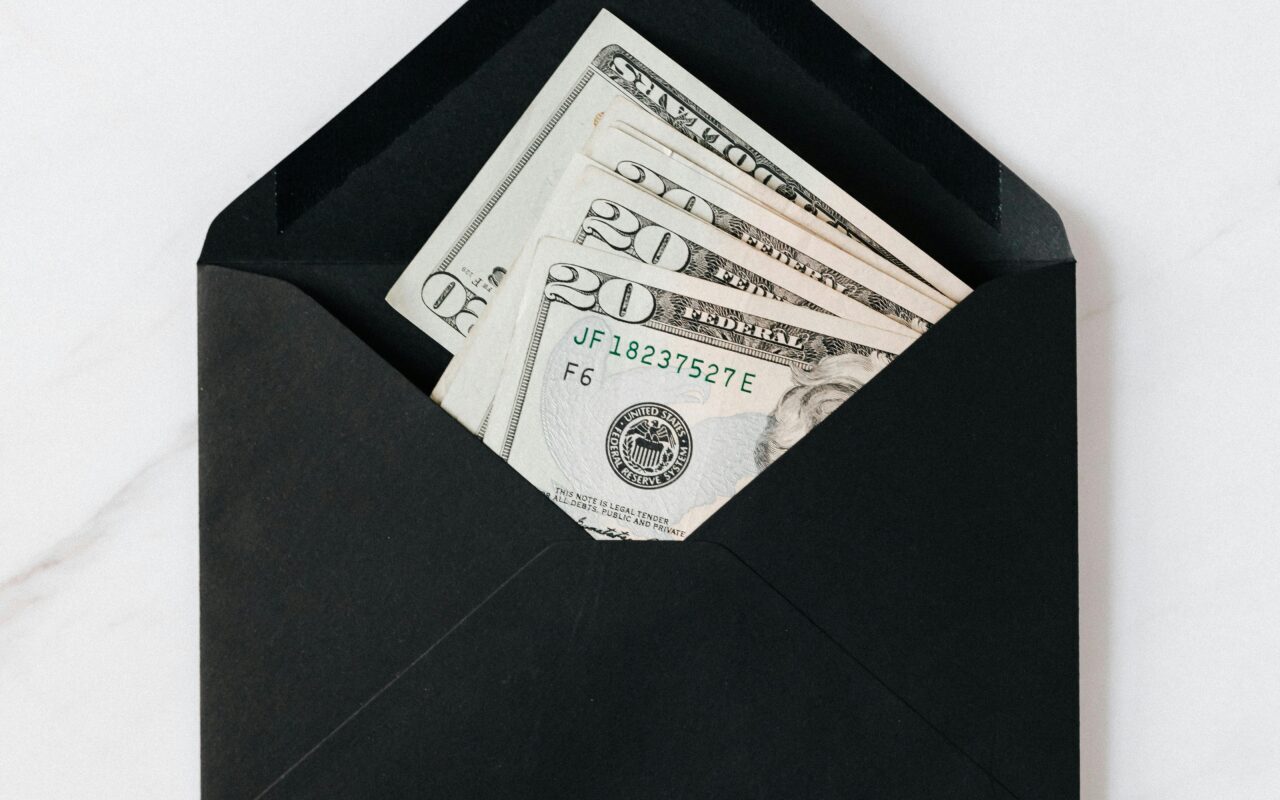
If you’re looking to have more control over your finances, a no-spend week, if you’re up for the challenge, is a good place to start. For seven days your goal will be to not spend any money except for bills, gas, necessities, etc. You get the drill unless it’s an absolute emergency.
With inflation soaring and wages stagnant it can feel like your money doesn’t go as far as it once could. While we can’t control outside forces you can do a little something here and there to help you have some semblance of control over your money.
Although life is insanely expensive let this be a way to practice self-restraint and self-control. Help yourself get out of debt, save for a down payment, or bulk up your savings. A no-spend week is the perfect financial reset. Keep reading to find out how to complete your no-spend week successfully.
Your Why-
Having a purpose will help you stay on track when you feel like falling off. Do you have debt you’d like to pay off sooner than later, want to build up your emergency fund, or are your spending habits getting out of control and you’d like to learn how to reel it in? Whatever the reason, remind yourself of your why when you feel like falling off the wagon.
Why a Week?-
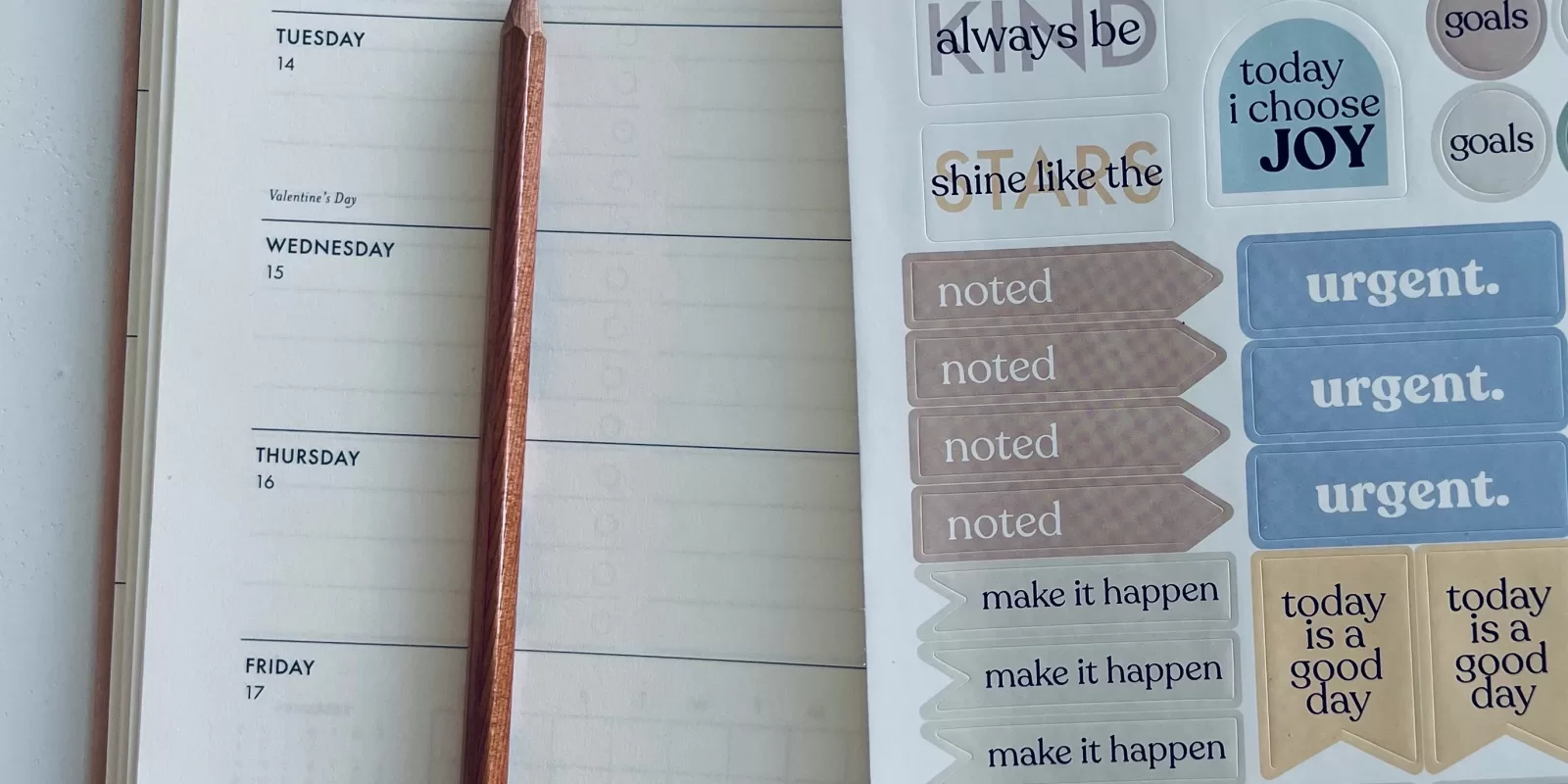
A week is the perfect amount of time to complete this task. It’s long enough to make an impact on your savings but not too long that it will not be sustainable.
Even though it’s terrifying, sort through your bank statements to see how much you typically spend in a week. Some banking apps might do this automatically for you. It might be small purchases like lunch or coffee but over seven days, it can add up to big bucks. If you complete this activity once a month, calculate how much you can save within a year.
If you think you can go weeks without spending money even if you are successful you might go overboard once you’re done and spend more than you would’ve originally. Especially if this is new to you, start slowly and ease into it to see how you handle the challenge.
Plan-

If you typically stop by the drive-thru for your morning coffee/breakfast you’ll need to plan ahead. Pack your food for the day and make your coffee at home. Remind yourself that you don’t have to do this for long if you don’t want to — it’s only one week.
Check your fridge and freezer before you start this challenge to see if there are enough ingredients to last you throughout the week. This could be the time to get creative and cook something with what you have before you do a new grocery shop.
Calm Week-
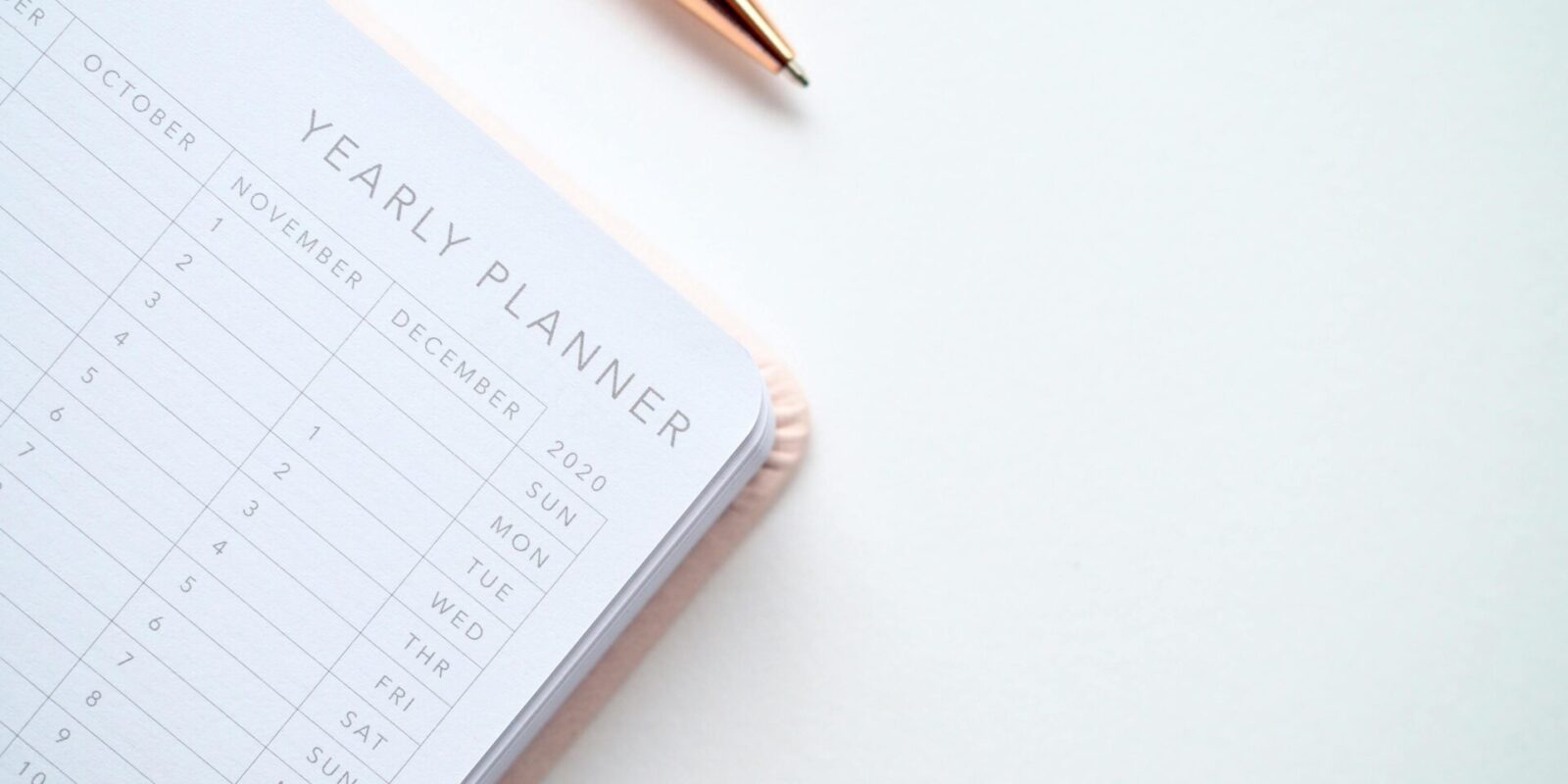
You’ll want to check your calendar beforehand to ensure you don’t have any birthday parties, weddings, concerts, or other events where you’ll have to buy an outfit or gifts. Do your no spend week on a calm week where you know you have no plans. If someone wants to invite you out for an activity aim to reschedule for when your no-spend week is over or suggest a free activity.
Free Activities-
Your no-spend week is a great time to express your creativity. Our consumer culture has brainwashed us into thinking we need to spend money to have fun, but many other activities don’t cost anything. Look up free events in your area that are happening that weekend so that you won’t be bored.
Shopping-

Try your best not to tempt yourself by in-person or online shopping. Don’t open sales emails or unsubscribe to brands that are enticing you with deals.
If you find yourself browsing online, put items that interest you into your shopping cart without checking out. After the challenge if it’s still on your mind and you can afford it then by all means. If you’ve forgotten about it after the week you probably would’ve never used it.
Mistakes-
Don’t throw the whole challenge away if you make a mistake and purchase a non-necessity. Forgive yourself, forget about it, and move on. If you’re an all-or-nothing person it might feel like it’s all gone to waste and you have to start from scratch but don’t fall into that pattern of thinking.
Keep going until the week is over. Not spending money nowadays is tough and you’ll need to practice this before you get good at it.
Low Spend-
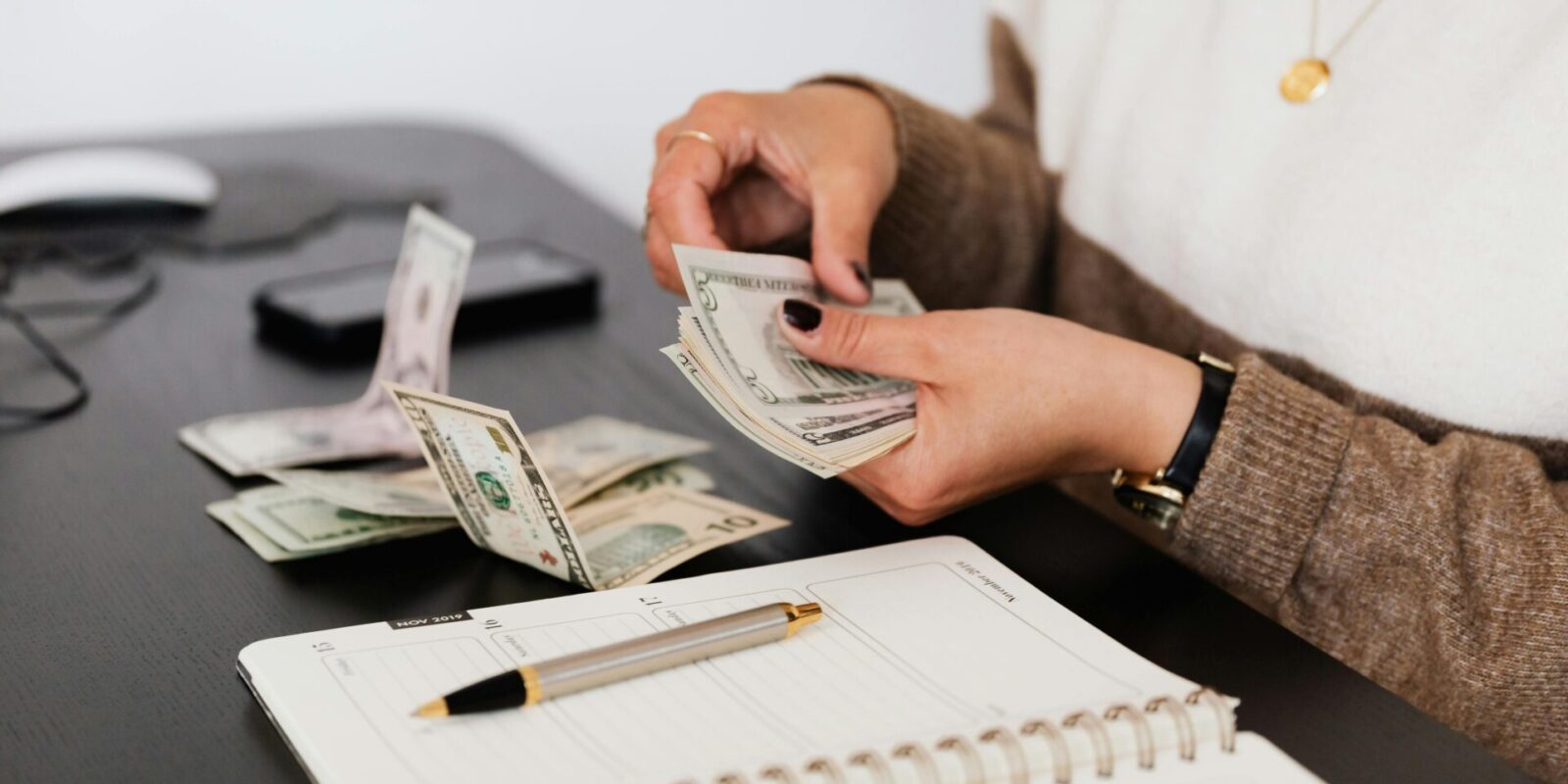
If you realistically don’t think you can go a whole week without spending money, consider trying a low-spend week. If you can’t cut out your morning Starbucks run, can you cut out other areas for a week? A low-spend week can still benefit you if you cut out 50-75% of your weekly spending.
Maybe once you complete a low-spend week and see it’s not as terrifying as you thought you can attempt to conquer a total no-spend week.
Restraint-
While this is a good financial habit to practice, it can also help you in other ways. By practicing restraint from spending unnecessarily, you might also find that you can more easily avoid overindulging in junk food, screen time, alcohol, or other addictive vices.
Even if your finances aren’t in terrible shape, this is a good way to train your brain to say no to unnecessary and overindulgent spending.
Overboard-
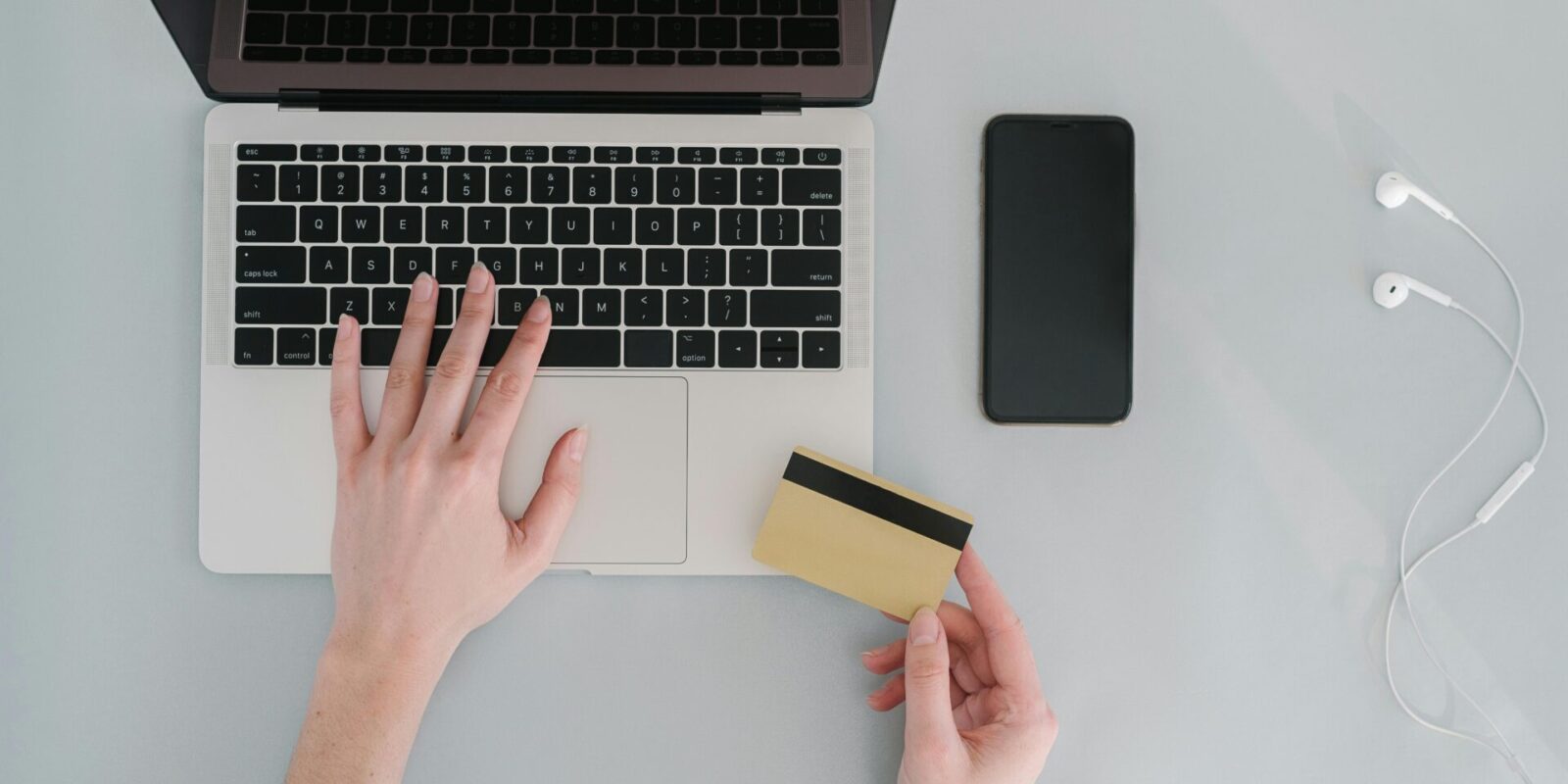
The purpose of this no-spend week is to save money and learn to say no. If you go on an insane shopping spree as soon as you complete the week, that defeats the purpose.
This challenge is meant to save money while simultaneously reframing your mind to realize the things that you actually need or find joy in versus spending for the sake of it. Even after you’re done the no-spend week be mindful of your purchasing habits so that you’re not overdoing it unnecessarily.
A Rich Life-
Money is important and meeting your basic needs is too there’s no question about that. But we’ve also been sold a lie. How many times has that new top that sat in your closet with the tags on or that lip gloss that wasn’t quite the right shade you were looking for made you truly happy?
There’s nothing wrong with liking nice things and treating yourself now and then but a lot of us have forgotten what living a rich life truly entails. Do you have a safe place to lay your head at night? How about a purpose? Do you have a loving support system? Pets or children that love you unconditionally? Being rich in life is about so much more than what you’re able to spend your money on.
Conclusion-
Since life has become insanely expensive, sometimes we need to learn to reel it in a bit so that we can meet our financial goals. Completing a no-spend week once a month or however often you can manage can help you bulk up your savings, get out of debt, or fully fund your emergency fund.
Having a why and planning ahead for this challenge will make it easier for you to stay the course. Keeping it a week will give you enough time to make a difference without depriving you of the things you want or need. Do this on a week where you have no plans so you won’t feel obligated to spend or take advantage of free activities in your area.
Resist tempting yourself by browsing online but if you do add to the cart and come back to it later. Forgive yourself for your mistakes and move on quickly. Don’t do a shopping spree to reward yourself for completing the challenge as that defeats the purpose. If you can’t complete a full no spend week consider a low spend week.
This task will help you practice restraint not only with your money but in other areas of your life. Hopefully, you complete a successful no-spend week so that you can add it to your financial wellness routine.




